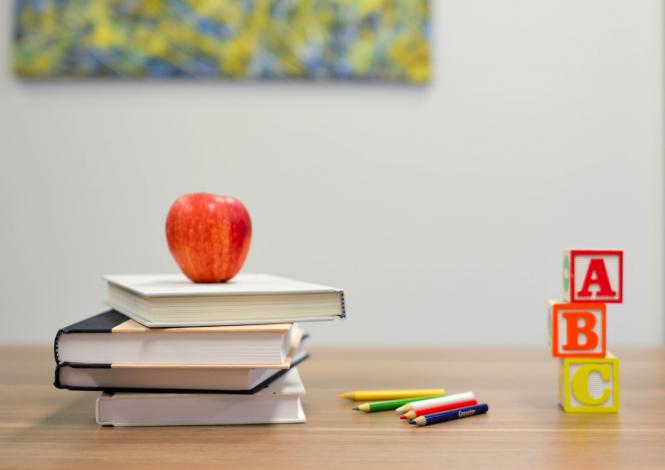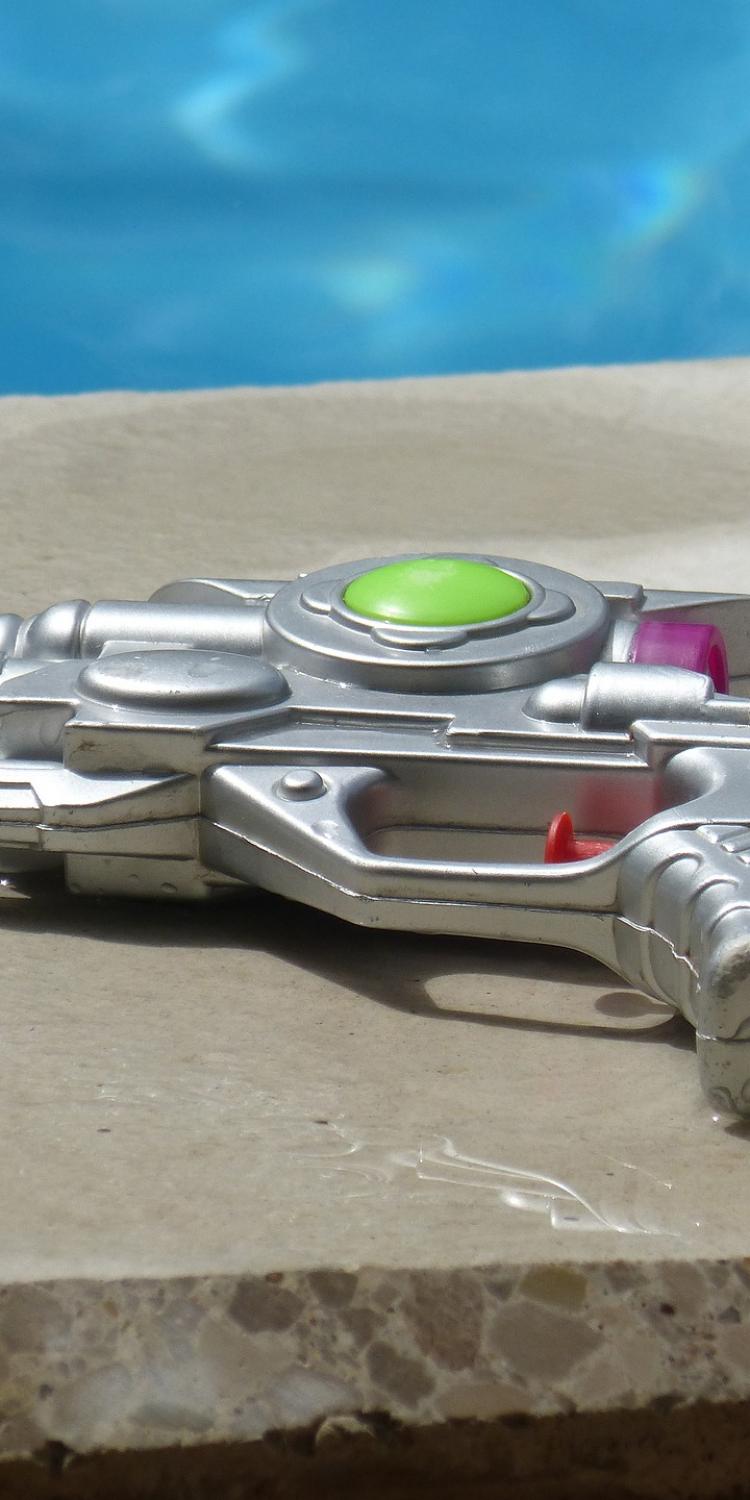Keep Kids Learning During the Summer
This post contains references to products from one or more of our advertisers. We may receive compensation when you click on links to those products. Terms apply to the offers listed on this page. For an explanation of our Advertising Policy, visit this page.
While summer is a time when most kids aren’t going to school, that doesn’t mean that your kids have to completely stop learning. A few simple ideas can help your kids stay ahead over the summer.
Heading into the summer, the last things kids want to do is more learning. They’re ready for a nice long two and a half months of playing outside and staying active. School will come back in August (or September) and kids are usually ready for a break from it all.
There’s no issue letting kids have a break from learning for a bit of time. Just like you, they don’t want to constantly be learning all summer long. They’ll want to be able to relax and enjoy themselves. You’ll want to not have to deal with the stress of it all either - it’s much easier to let them just do their own thing.
However, it’s a good idea to teach kids that summer isn’t all about doing nothing. Summer is a great time to keep your skills at an adequate level without spending multiple hours per day learning. It’s all about spending a few minutes each day doing something productive so that when the school year comes back around, you haven’t lost multiple months of work.
Educators will be familiar with this issue - it’s often called the “summer slide.” Children come back from the summer break, and they’ve slid back several months from where they were at the end of the previous school year. This slide is inevitable to some degree - kids aren’t going to retain everything from before the summer. At the same time, the slide doesn’t have to be as dramatic for your child. Keeping them engaged throughout the summer will help to diminish the negative impact that occurs.
Activities for kids
Below are just a few simple ideas of things you can be doing with your child throughout the summer to help them come back ready for school in the fall. I’m not an educator in any way, these are just some of the things that I’ve learned while being a parent, and working with those in the education space.
Read books
The number one thing that you can do over the summer is keep your child reading all summer long. 15 minutes of reading during the weekdays will go a long way in keeping your child’s mind engaged and moving forward for the next school year - it doesn’t have to be hours of reading per day to make a difference.
Find a time that works best for your child where they can be focused for 15 minutes. Get books that they enjoy reading, and have them sit and focus on reading. If your child wants to read more than 15 minutes, go right ahead. It’s hard to read too much. Set a timer so that they know when the time is up, and they can be done.
Beyond 15 minutes of self reading, 10 to 15 minutes of you reading to your child is also beneficial. At some point, your child will be old enough that you won’t be reading to them, but until then, make sure you’re reading to your child every day - something that’s a little above their current reading level so that you’re helping them to hear and begin to understand some more advanced books.
Math worksheets
Doing a little bit of math over the summer will help your child to keep their skills sharpened. Depending on what level your child is at, it will help determine what worksheets you’d be looking at. I taught my son how to add 3 digit numbers from some basic addition worksheets over last summer. Next summer, I plan to work on multiplication a bit with him.
You don’t need to do math worksheets everyday - reading is such a critical skill for all other subjects that it should take first precedent. I’d recommend doing a math worksheet one or two times a week.
Science experiments
Doing science experiments can be a fun way to learn for your child, and they may not realize that you’re teaching them something. My kids would do science experiments every single day if I let them, and was able to come up with them myself.
The big downside with many science experiments is that they will require you to be heavily involved, and planning them out. Doing experiments every other week isn’t a bad idea as it gives you time to prepare materials for the experiments, and it gives your kids something to look forward to.
If your child is old enough, have them write down what the experiment is that you’re doing, and what the results are. Perhaps drawing a graph is appropriate as well, just like a real scientist would do.
Writing in a journal
Have your child keep a journal of what they’re doing throughout the summer. Help them to work on writing complete and correct sentences, spelled correctly. Have them draw pictures of the fun things that they’ve been up to as well.
Keeping kids writing skills going through the summer is extremely valuable as they’ll be going back to school where they’ll be writing a lot. Just helping them to remember the things they’ve learned about writing is important.
Get a grade level appropriate workbook
If you’re unable to spend a lot of time preparing or researching, then a grade appropriate workbook is a great option. We always have one of these on hand for our kids to work through when they’re bored, or when we want them to do something more focused.
These workbooks cover a huge array of topics, so if you want to do writing one day, and math the next, then it’s just flipping to the correct section. The books are generally pretty good, and my son actually enjoys doing them once he gets started - he’ll complain a little bit at first, but then wants to do more once he has started.
Conclusion
Try to keep your kids engaged over the summer with learning. 30 minutes of learning each day throughout the summer will help keep your child prepared for the next school year without being a huge burden either. It will really help them as they transition back into school in the fall.





